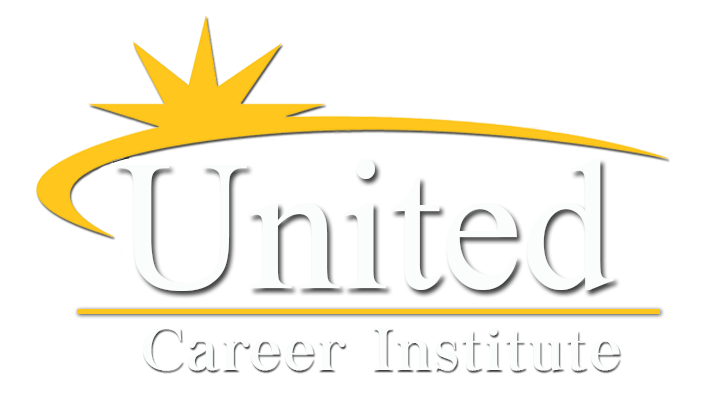Practical Nursing
Programs
-
Practical Nursing, Diploma
Courses
BSF 101: Body Structure and Function/Lab
Credits 6MSN 201: Medical-Surgical Nursing I/Lab/Clinical
Credits 17MSN 202: Medical-Surgical Nursing II/Lab/Clinical
Credits 17This course provides the student with information regarding common acute and chronic medical and surgical conditions relating to the body systems including the management, needs, and specialized nursing care of patients with these conditions. Signs and symptoms, diagnostic tests, and treatment for each condition are covered. Principles of nutrition, pharmacology, and asepsis are reviewed throughout the course.
MTN 201: Maternity Nursing/Clinical
Credits 7.5NFM 101: Nursing Fundamentals/Lab/Clinical
Credits 17NPH 101: Nursing Pharmacology I/Lab
Credits 4.5NPH 102: Nursing Pharmacology II/Lab
Credits 3NPH 103: Nursing Pharmacology III/Lab
Credits 2NPN 101: Nutrition for Practical Nursing I
Credits 1NPN 102: Nutrition for Practical Nursing II
Credits 1PED 201: Pediatric Nursing/Clinical
Credits 7.5PNP 201: Practical Nurse Preparation
Credits 4.5PVN 101: Practical/Vocational Nursing I
Credits 2This course serves to introduce the Practical Nursing student to their role as a member of the health care team. This course includes orientation to study methods, historical background of nursing, therapeutic communication skills, ethical conduct, legal responsibilities, trans-cultural concepts, and lines of administrative authority. The theory component of this course prepares students for their role in the workplace.
